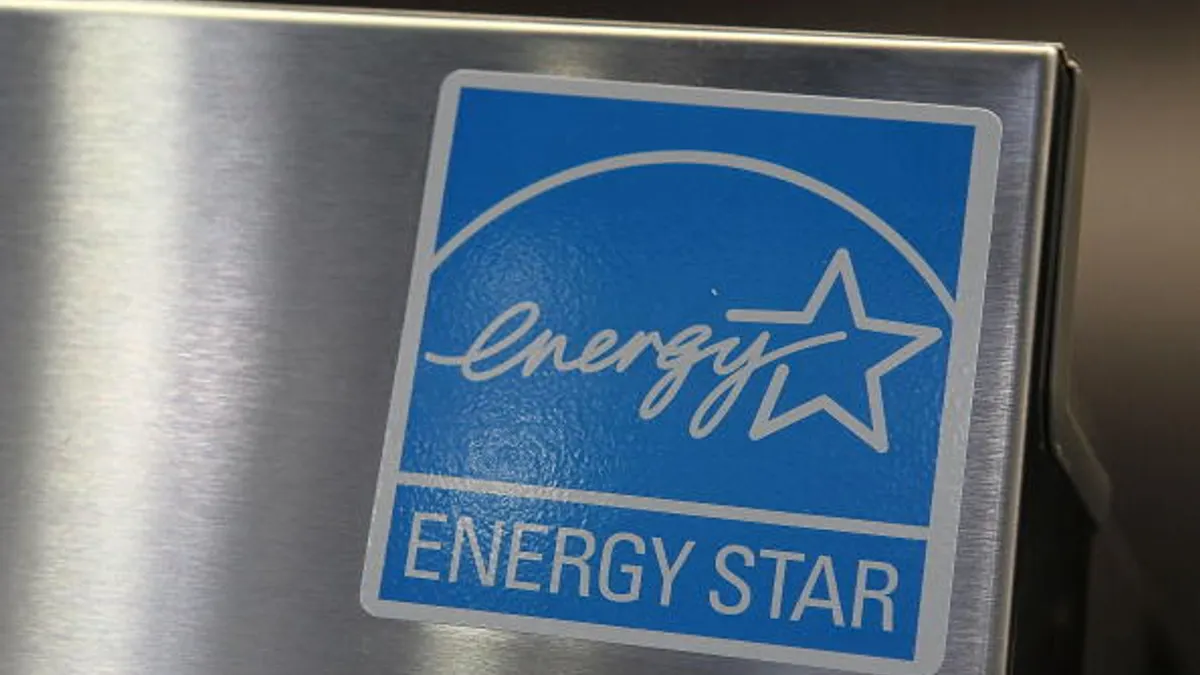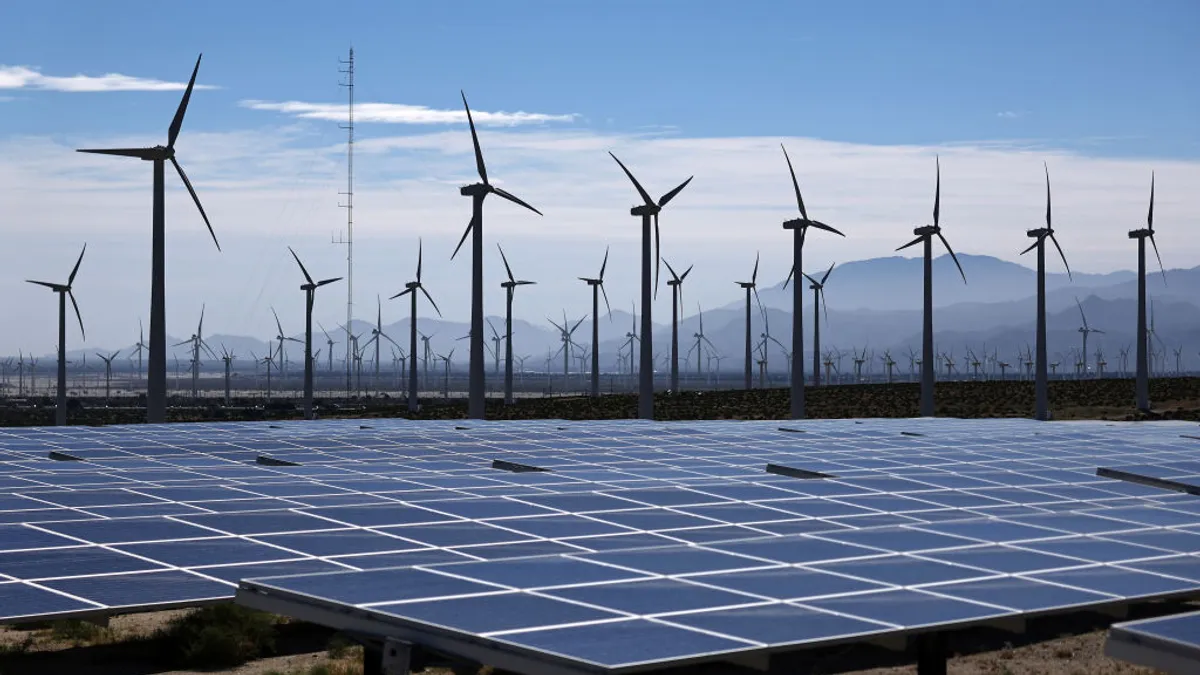Dive Brief:
- The Massachusetts Senate last week adopted Amendment 18 to Bill S. 1973 by a voice vote. It increases the cap on net metered solar in the commonwealth to 1,600 MW, approximately doubling the current 4% of peak electricity load cap on private projects and 5% of public projects’ peak load cap. There is no limit on the amount of renewable enregy credits residential solar arrays can earn for electricity sent to the grid.
- The amendment, sponsored by Democrat Benjamin Downing and endorsed by Republican Minority Leader Bruce Tarr, is intended to support reaching the 1,600 MW of solar by 2020 goal set by former Gov. Deval Patrick (D), and endorsed by current Gov. Charlie Baker (R).
- S. 1973, which provides a broad action plan in response to climate change, passed the Senate unanimously and now goes to the House, where its prospects are said to be unclear in competition against the lower body’s comprehensive energy bill.
Dive Insight:
Massachusetts currently has approximately 860 MW of installed solar capacity. The amendment calls for Massachusetts regulators to develop a plan to support solar growth after the 1,600 MW target has been reached.
It instructs regulators to design into the new plan either incentives to promote solar growth across utility service territories or a way to share the costs of solar across service territories. This would resolve Massachusetts solar developers’ current difficulty of being moved from one part of the state to another because of the cap being reached in National Grid territory, but not in Eversource’s territory.
The amendment retains the commonwealth’s strong provision allowing community shared solar arrays to participate in the net metering program. It does not advance the minimum bill charge utilities have asked for to allay their losses of revenue due to diminished infrastructure charges paid by solar owners.












